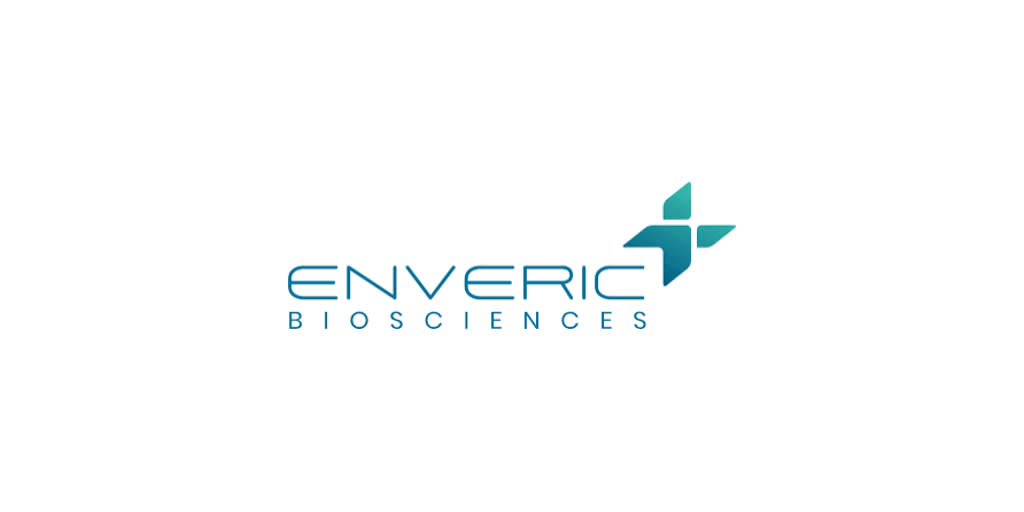Mammoth Biosciences Raises $45 Million to Build Next Generation CRISPR Products For Therapeutics and Diagnostics
Already the leader in CRISPR-based disease detection, the latest round will drive Mammoth’s robust platform for protein discovery to extend into gene-editing and therapeutics applicationsSOUTH SAN FRANCISCO, Calif. (Jan. 30, 2020) Mammoth Biosciences, the company behind the world’s first CRISPR-based disease detection platform, today announced an oversubscribed round of $45 million in its Series B. The raise is led by Decheng Capital and has participation from Mayfield, NFX, Verily, Brook Byers, Plum Alley, Pacific 8, aMoon, and others. The capital will fuel the company’s further development of CRISPR diagnostics and next-generation CRISPR products as it extends its platform to include gene-editing and therapeutics as well. Mammoth is also exploring deep partnerships with biotech and pharmaceutical companies to leverage the Mammoth CRISPR platform to transform healthcare and deliver benefits to patients.CRISPR holds enormous promise for treating disease, with clinical trials for Cas9 already underway -- a crucial step in bringing CRISPR out of the lab and into everyday life. But while this enzyme has shown first signs of success in the ex-vivo setting, challenges remain for in vivo applications, limiting the broad use of Cas9 for a wide field of diseases. Further, Cas9 cannot be used for CRISPR-based diagnostics, an emerging and ground-breaking application for Cas systems.Mammoth is uniquely positioned to overcome these obstacles with its extensive portfolio of novel Cas systems that serve as a toolbox for applications in diagnostics, gene-editing, and therapeutics. The $45 million Series B will fuel the development of the CRISPR platform with a particular focus on the Mammoth-discovered and characterized Cas14. Cas14 is a unique enzyme that opens up new possibilities due to its extremely small size, diverse targeting ability and high-fidelity. These properties will enable Mammoth to achieve next-generation editing with a broader target range for both ex-vivo and in-vivo applications and is a foundation for enabling advanced CRISPR modalities such as targeted gene regulation, precision editing, and beyond.Recently, industry veterans including Peter Nell, previously a cofounder of Casebia (a joint venture between Bayer and CRISPR Therapeutics) and Ted Tisch, previously an executive at Synthego and Bio-Rad, have joined the company to accelerate its growth as Chief Business Officer and Chief Operating Officer,respectively. Grail co-founder and previous Illumina board member Jeff Huber has joined the company’s board as an independent director and the Dean of the Stanford University School of Medicine, Lloyd Minor, has joined the Mammoth advisory board.“As a team on the frontlines of discovery in CRISPR, we’ve seen firsthand the need for new tools to deliver on the therapeutic and diagnostic promise that this technology has to offer,” explained Trevor Martin, CEO and Co-founder of Mammoth Biosciences. “In powering new products in addition to diagnostics, we’re enabling the full potential of our platform to read and write the code of life and to fully transform how we interact with biology.”Beyond Mammoth’s own initiative to develop the next generation of CRISPR products for gene-editing and therapeutics, the company has already seen significant traction in enabling access to its robust and expansive CRISPR IP. As a testament to its proprietary data and powerful CRISPR platform, Mammoth has partnered with Horizon Discovery, a global leaderin bioproduction to develop best in class CRISPR tools for CHO cell line editing.“One of our missions is to identify and develop the next wave of innovative healthcare companies and support them through investment and inclusion in our Partner’s Space program on Verily’s campus. Mammoth is clearly one of these companies, driving the next-generation of CRISPR products that researchers at the forefront of gene-editing and diagnostics truly need,”remarked Andrew Harrison, head of business and corporate development at Verily. “With an experienced leadership team and the guidance of CRISPR pioneer Jennifer Doudna, Mammoth is well-positioned to close the gap between the discovery of new CRISPR systems and their application in diagnostics and therapeutics.”Mammoth is currently evaluating partnerships with companies adding complementary skills to leverage these new proteins in gene editing, therapeutic, and diagnostic applications to deliver on the promise of this groundbreaking CRISPR technology. For more information visit http://www.mammothbiosci.com/.
About Mammoth Biosciences
Mammoth Biosciences is harnessing the diversity of nature to powerthe next-generation of CRISPR products. Through the discovery and development of novel CRISPR systems, the company is enabling the full potential of its platform to read and write the code of life. Mammoth aims to democratize disease detection with an easy and affordable point-of-care test that allows real-time and simultaneous detection of multiple conditions. By leveraging its internalresearch and development and exclusive licensing to Cas12, Cas13 and Cas14, Mammoth can provide enhanced diagnostics and genome editing forlife science research, healthcare, agriculture, biodefense and more. Based in San Francisco, Mammoth Biosciences is co-founded by CRISPR pioneer Jennifer Doudna and principal founders Trevor Martin, Janice Chen, and Lucas Harrington. The firm is backed by top institutional investors including Decheng, Mayfield, NFX, and 8VC, and leading individual investors including Brook Byers, Tim Cook, and Jeff Huber.



.svg)










-min.png)

.gif)